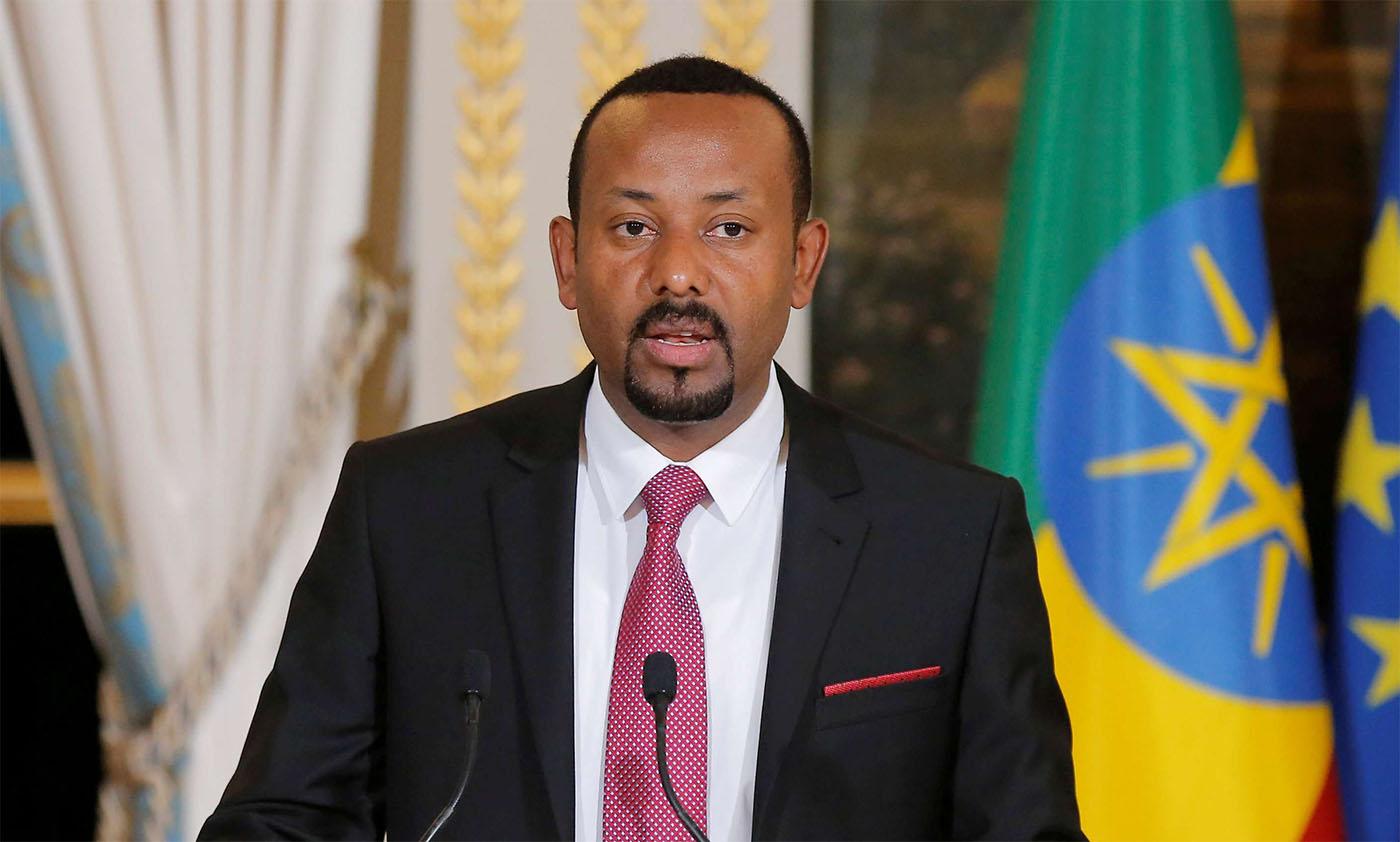
Explosions rocked the Sudanese capital Khartoum Monday as fighting between the army and paramilitary forces led by rival generals raged for a third day with the death toll surpassing 100.
The violence erupted Saturday after weeks of power struggles between the two generals who seized power in a 2021 coup, Sudan’s army chief Abdel Fattah al-Burhan and his deputy, Mohamed Hamdan Daglo, who commands the powerful paramilitary Rapid Support Forces (RSF).
The conflict, which has seen air strikes, tanks on the streets, artillery fire and heavy gunfire in crowded neighbourhoods both in Khartoum and other cities across Sudan, has triggered international demands for an immediate ceasefire.
As the fighting showed no sign of abating, Daglo took to Twitter to call for the international community to intervene against Burhan, branding him a “radical Islamist who is bombing civilians from the air”.
“We will continue to pursue Al-Burhan and bring him to justice,” he said, adding: “The fight that we are waging now is the price of democracy.”
In his only statement since the fighting flared, Burhan told Al Jazeera on Saturday that he was “surprised by Rapid Support Forces attacking his home” and that what was happening “should prevent the formation of forces outside the army”.
The conflict has claimed the lives of at least 97 civilians and “dozens” of fighters from both sides, medics said, adding about 942 people have been injured.
But the number of casualties is thought to be far higher, with many wounded unable to reach hospitals due to difficulties in movement amid the fighting.
The doctors’ union warned the fighting had “heavily damaged” multiple hospitals in Khartoum and other cities, with some rendered completely “out of service”.
The World Health Organization had already warned that several of Khartoum’s nine hospitals receiving injured civilians “have run out of blood, transfusion equipment, intravenous fluids and other vital supplies”.
UN Special Representative Volker Perthes, who is in Khartoum, said he was “extremely disappointed” by the failure of both sides to abide by an agreed humanitarian pause on Sunday to evacuate the wounded.
The violence has forced terrified people to shelter in their homes with fears of a prolonged conflict that could plunge Sudan into deeper chaos, dashing hopes for return to civilian rule.
Vital aid suspended
The RSF was created under former autocrat Omar al-Bashir in 2013, emerging from the Janjaweed militia that his government unleashed against non-Arab ethnic minorities in Darfur a decade earlier, drawing accusations of war crimes.
The fighting broke out after bitter disagreements between Burhan and Daglo over the planned integration of the RSF into the regular army — a key condition for a final deal aimed at ending a crisis since the 2021 military coup they orchestrated together.
The two sides accuse the other of starting the fighting, and both claim the upper hand by declaring control of key sites, including the airport and the presidential palace — none of which could be independently verified.
On Monday, the army said it was in control of the state broadcaster in the capital’s twin city of Omdurman.
After being cut for hours, state television went on the air again, showing footage of soldiers filming themselves on military bases claiming they control them.
Three UN staff from the World Food Programme were among those killed in the western region of Darfur, forcing a “temporary halt” to all operations in a country where one-third of the population needs aid.
On Monday morning, loud gunfire and deafening explosions again shook buildings and echoed across the streets of Khartoum as street fighting continued, AFP journalists said.
Power has been off across swathes of Khartoum, and the few grocery stores remaining open warn they will only last a few days if no supplies can enter the city.
Appeals to end the fighting have come from across the region and the globe, including the African Union, Arab League and East African bloc IGAD.
UN Secretary-General Antonio Guterres has warned an escalation in the fighting would “further aggravate the already precarious humanitarian situation”.
US Secretary of State Antony Blinken urged the warring rivals to agree an “immediate cessation of violence” and start talks.
– ‘Unprecedented’ violence –
Despite the wide calls for a ceasefire, the two generals have appeared in no mood for talks with each one calling the other “criminal”.
While Sudan has endured since independence decades of multiple bitter civil wars, coups and rebellions, Sudanese analyst Kholood Khair said the level of fighting inside the capital was “unprecedented”.
“This is the first time in Sudan’s history — certainly in its independence history — that there has been this level of violence in the centre, in Khartoum,” she said.
Fighting also raged in other parts of Sudan including the western Darfur region and in the eastern border state of Kassala.
The 2021 coup by the generals derailed a transition to civilian rule following the 2019 ouster of Bashir, triggering international aid cuts and sparked near-weekly protests met by a deadly crackdown.
Burhan, who rose through the ranks under the three-decade rule of now-jailed Bashir, has said the coup “necessary” to include more factions in politics.
Daglo later called the coup a “mistake” that failed to bring about change and reinvigorated remnants of Bashir’s regime ousted by the army in 2019 following mass protests.






